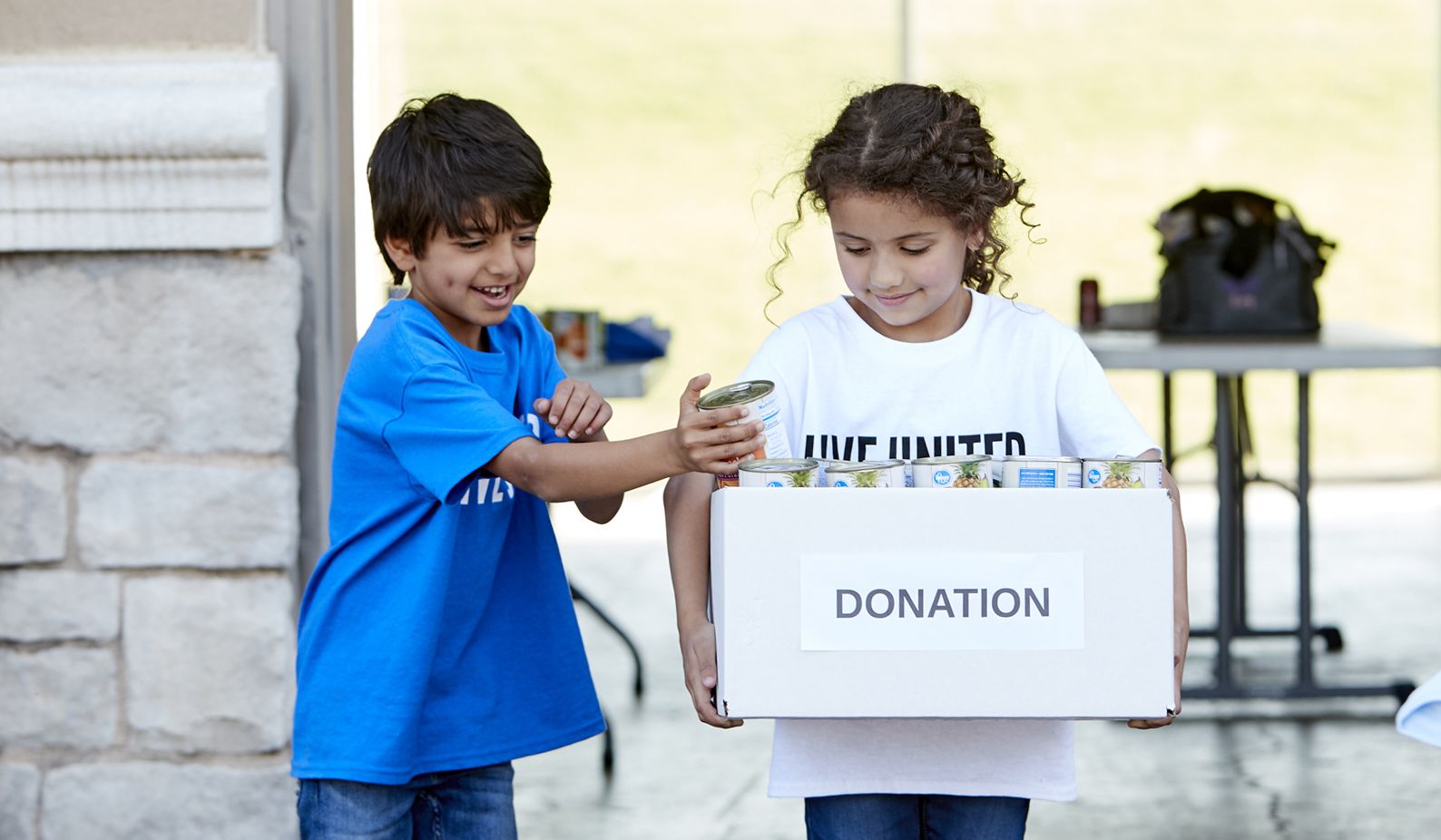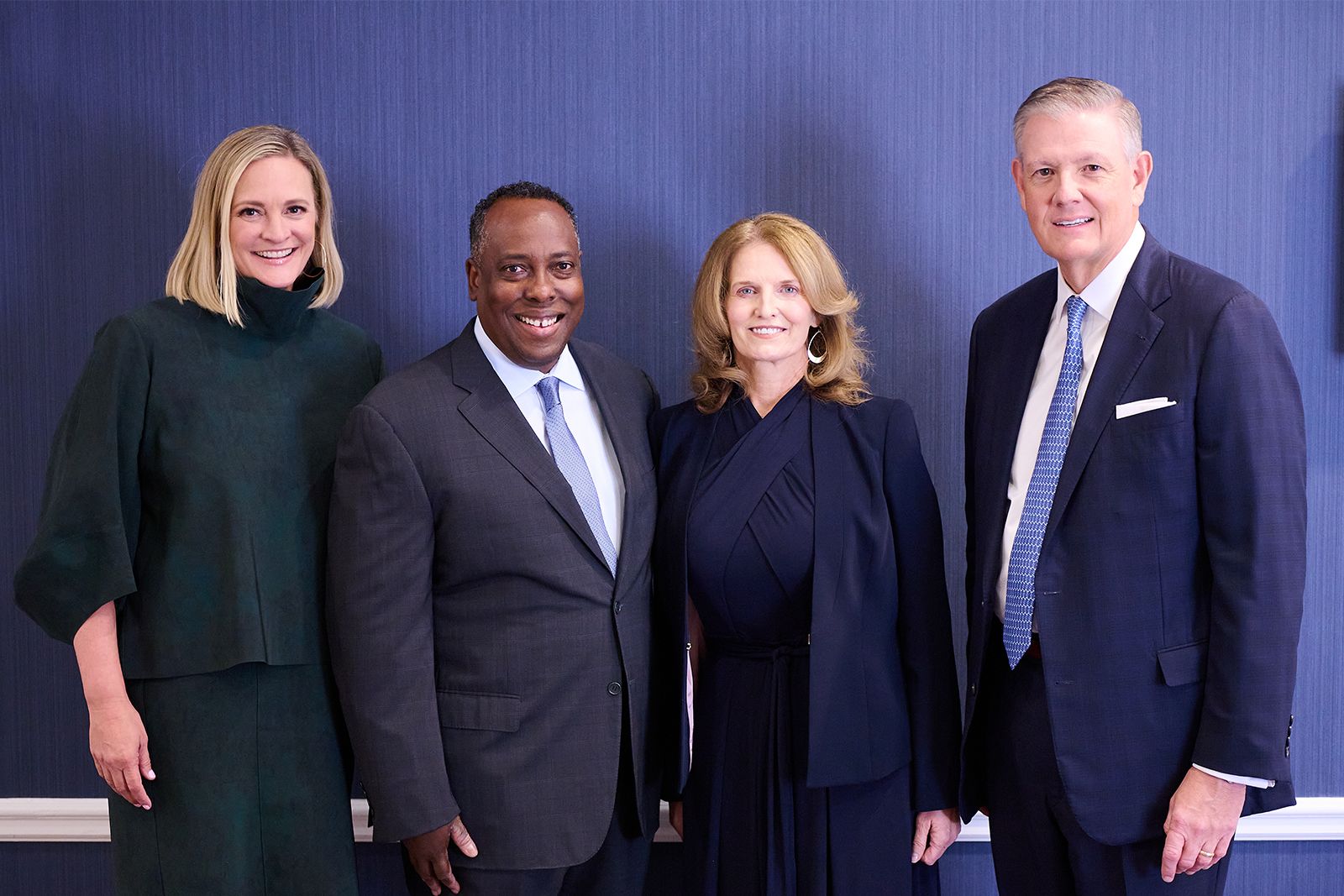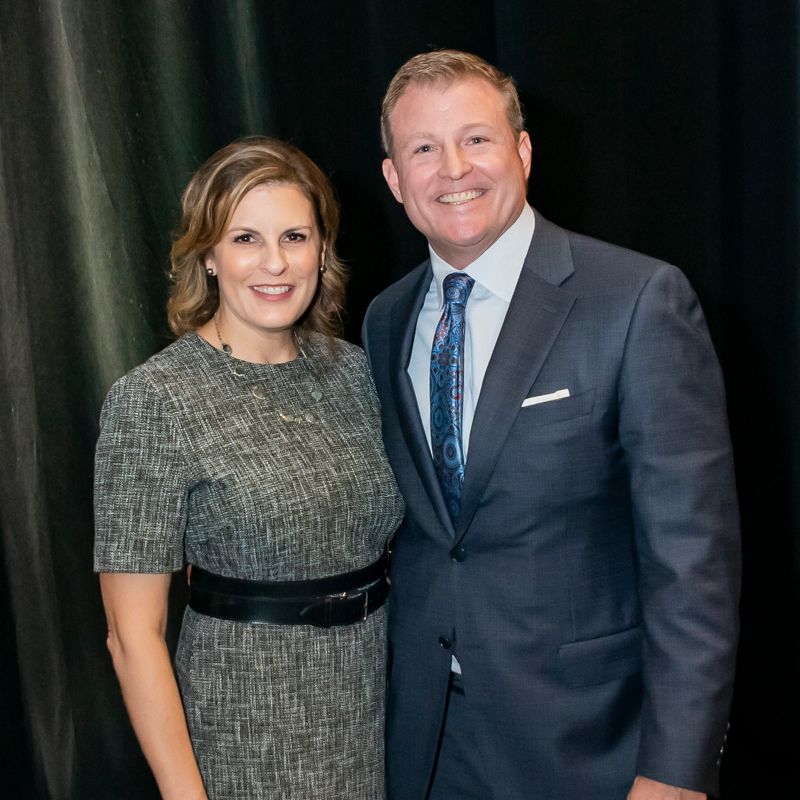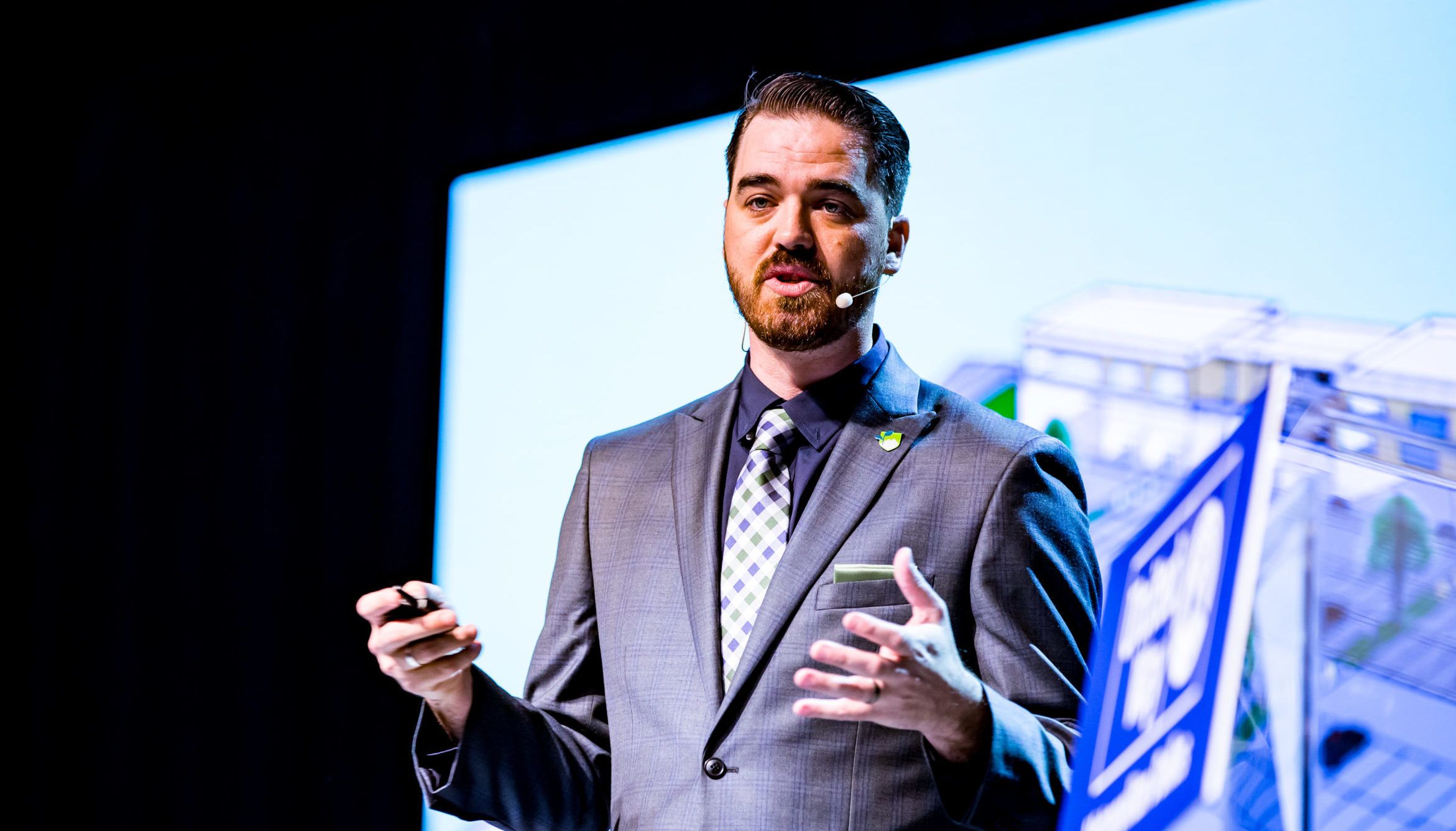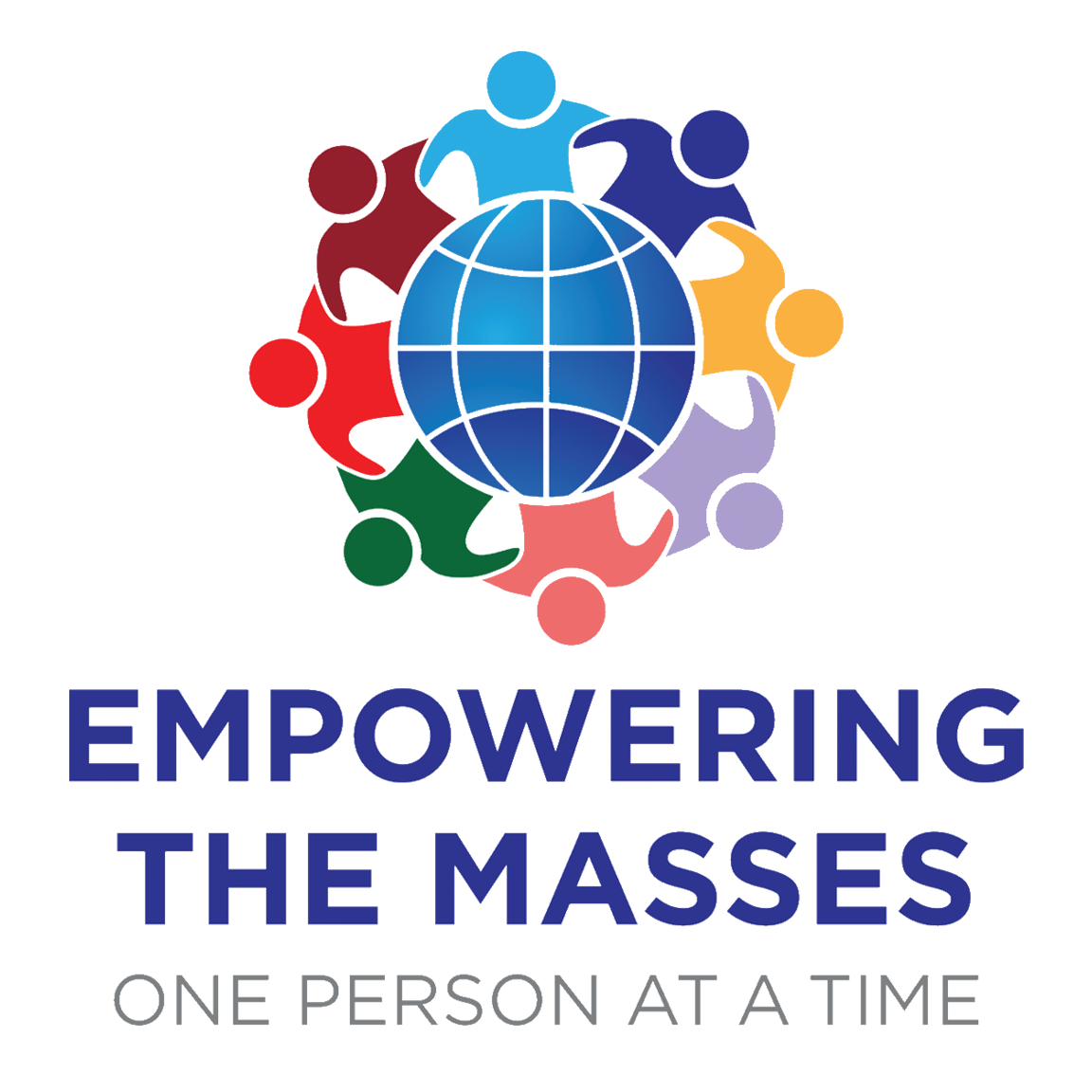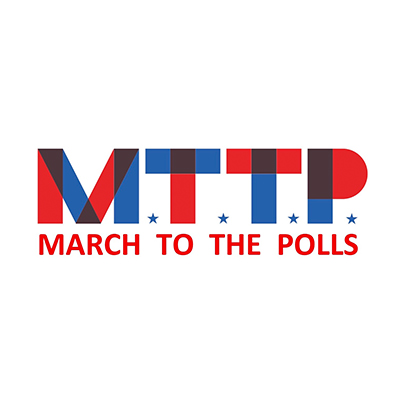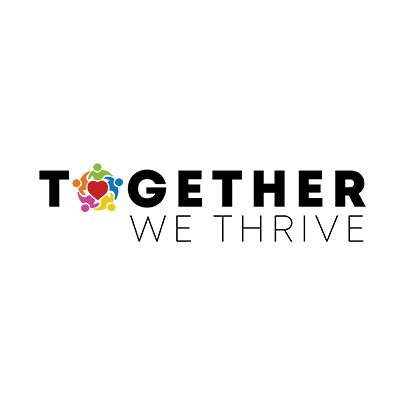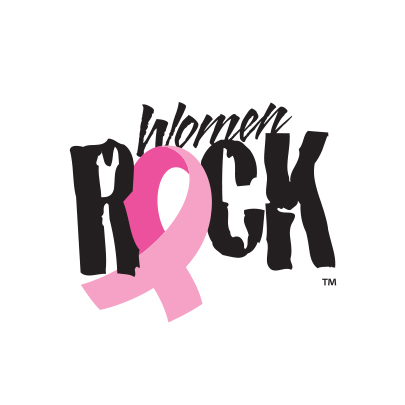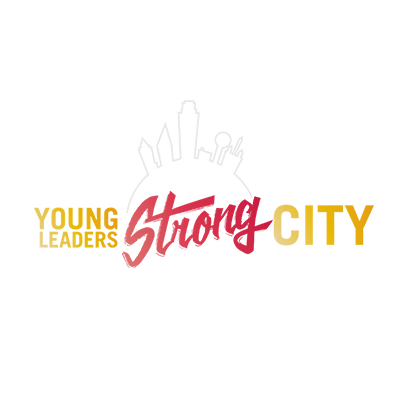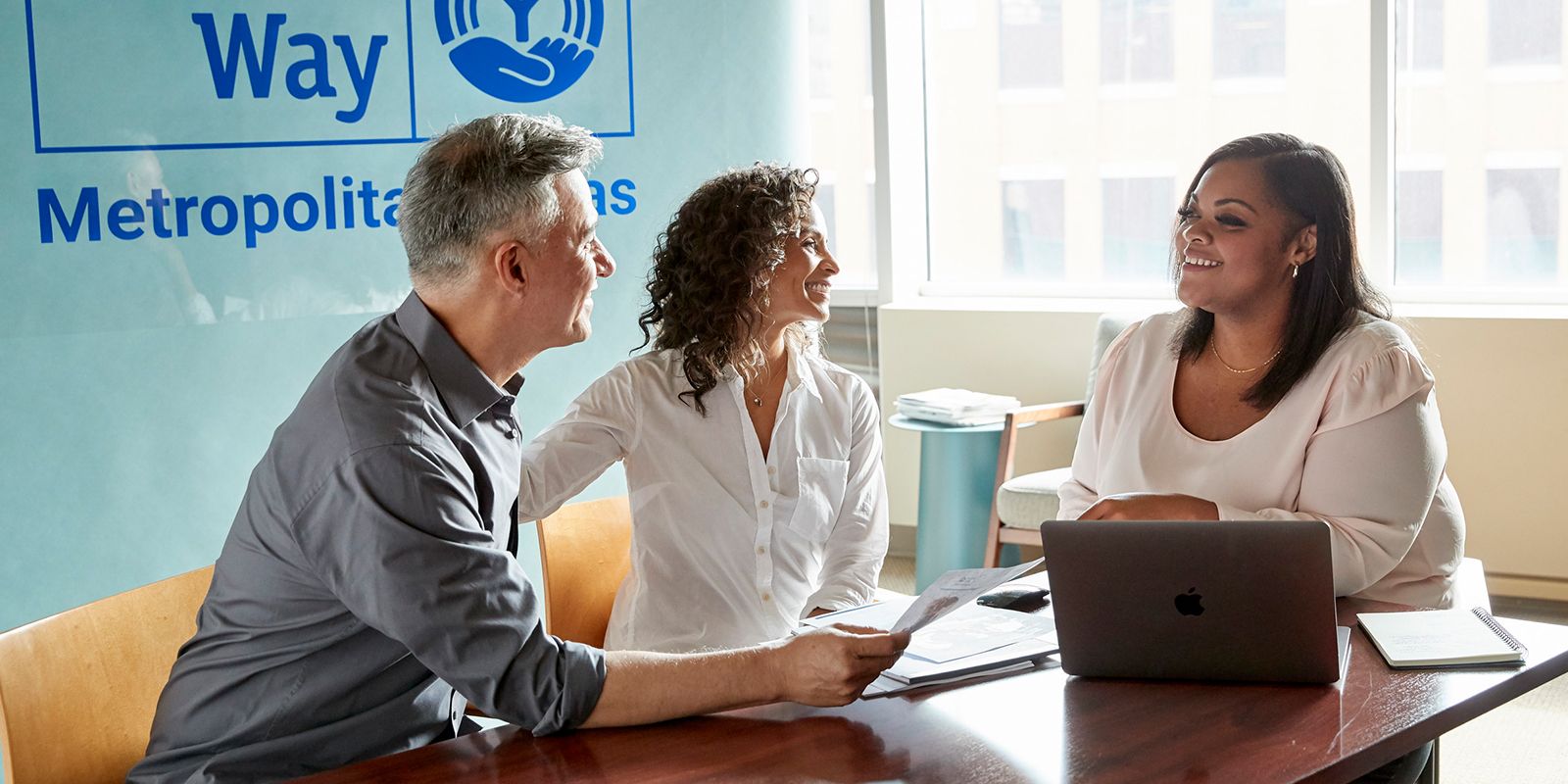A Year of Hunger Relief in Southern Dallas
Access to nutritious meals is a key component of a healthy life. Good health affects all areas of life, impacting everything from how well a student can learn to how much an adult can earn.
At United Way of Metropolitan Dallas, we lead a movement to improve and maximize access to education, income and health—the building blocks of opportunity. And food insecurity is an issue that impacts all three of these interconnected areas. That’s why we spearhead and invest in innovative programming and service provisions that support communities and families and address systemic challenges like food insecurity.
Our partnership with Goodr, a hunger relief company, is our latest charge to tackle food access needs within our southern communities. The program has provided vital food resources to thousands of students and families.
Food Insecurity Is on the Rise in North Texas
In the years since the COVID-19 pandemic hit North Texas, local families have faced one challenge after another, including loss of income, scarcity of basic resources and low-quality educational environments for young scholars. Although the worst days of the crisis are likely behind us, 2022 has caught our community by surprise with issues like high food prices and stagnant wages.
Due to inflation, the rising cost of living has had a significant impact on purchasing power for families across North Texas. This reality is even more challenging for families who are already experiencing food insecurity. Food prices have increased an incredible 11.6% since summer 2021. Today, an estimated 800,000 people in North Texas face food insecurity, according to North Texas Food Bank, meaning they lack consistent access to enough food for an active, healthy life.
What does food insecurity look like for local families? For many, it means skipping meals, coping with gnawing hunger, choosing between essentials like groceries and medication, or opting for cheaper, less nutritious food just to suffice from day to day.
Food insecurity can have lasting negative impact on children and adults alike, affecting their educational attainment, mental health and financial stability. That’s why the team at United Way of Metropolitan Dallas prioritizes efforts to combat these detrimental factors.
Innovative Hunger Relief for Southern Dallas
Our partnership with Goodr, an innovative hunger relief company based in Atlanta, dates back to 2020. Goodr is built on the principle that food insecurity isn’t an issue of scarcity but a matter of logistics. The company leverages technology and logistics to provide meals to people who will benefit the most.
Over the last two years, Goodr and the United Way Southern Dallas Thrives initiative have worked together to mitigate food insecurity hardships in Southern Dallas. In these communities, most large grocery chains have avoided opening stores and, as a result, many residents cannot easily access affordable, fresh foods.
Created in partnership with PepsiCo Foundation and Frito-Lay North America , Southern Dallas Thrives provides vital investment opportunities to the Southern Dallas communities to create lasting change and measurable impact. In the years since its creation, the program has brought together residents, corporations, service providers, educators, funders and civic leaders to continuously identify and assess assets and needs. The initiative enables all of us to work collectively to improve educational outcomes for pre-K to high school students, increase access to nutritious food and provide workforce development support and services.
Southern Dallas Thrives first teamed with Goodr for hunger relief in 2020 as the pandemic heightened food insecurity around the nation. In late 2021, we partnered again, committing to an entire year of hunger relief activations for North Texas communities.
Since then, our partnership has brought the following resources to Southern Dallas communities:
- Pop-up grocery markets: These events provide families easy access to free food in a store-like setting. Since December 2021, we’ve served at least 1,200 families with a full week’s worth of groceries.
- Student snack packs: Goodr provides snack packs to local youth to bridge the gap between meals and minimize food insecurity. In August, our back-to-school efforts provided 1,800 snack packs to the United Way Resource Rooms at Lincoln, Madison and South Oak Cliff High Schools to support our educating partners with tangible resources to meet the immediate needs of their students.
- Free grocery delivery: Goodr enables Southern Dallas Thrives to deliver groceries and meals directly to homes in Southern Dallas communities. During July and August, 200 families received free groceries each week through our partnership with Jubilee Community Center and Cornerstone.
Our food access work has had a positive and meaningful impact on thousands of local families. We plan to continue this work with additional activations during the fall and holiday seasons.
Ashley Douglas, senior director of the United Way of Metropolitan Dallas Southern Dallas Thrives initiative, emphasizes that “expanding access to healthy food is foundational for the rest of our work in Southern Dallas.”
“Finding innovative ways to address food access-related issues within our Southern Dallas communities is crucial to ensuring that the overall health of Dallas families remains a priority,” she said. “Our partnership with Goodr is creating a direct and meaningful impact in this area of our community, and we’re excited to have the opportunity to expand the program. This type of initiative is especially important today, as our neighbors in Southern Dallas are facing unexpected challenges like higher food and fuel prices and housing instability.”
“Goodr is very proud of the ongoing impact our partnership with Southern Dallas Thrives has created,” Goodr CEO, Jasmine Crowe says. “We look forward to continuing relief efforts in the Southern Dallas community for as long as the need is there.”
Together, We Can Reduce Food Insecurity
As North Texans continue to face hardships that stem from inflation, inequitable access to living wage jobs and healthcare, it’s as important as ever to work united to address the most significant challenges faced by our communities. Together, we can ensure that our neighbors have access to nutritious food and support. We envision communities where children and parents don’t have to worry about how they will receive their next meal and can succeed at school and perform in the workplace.
Ready to be part of the change? Click here to support our hunger-prevention work though programs like our Southern Dallas Thrives initiative.
